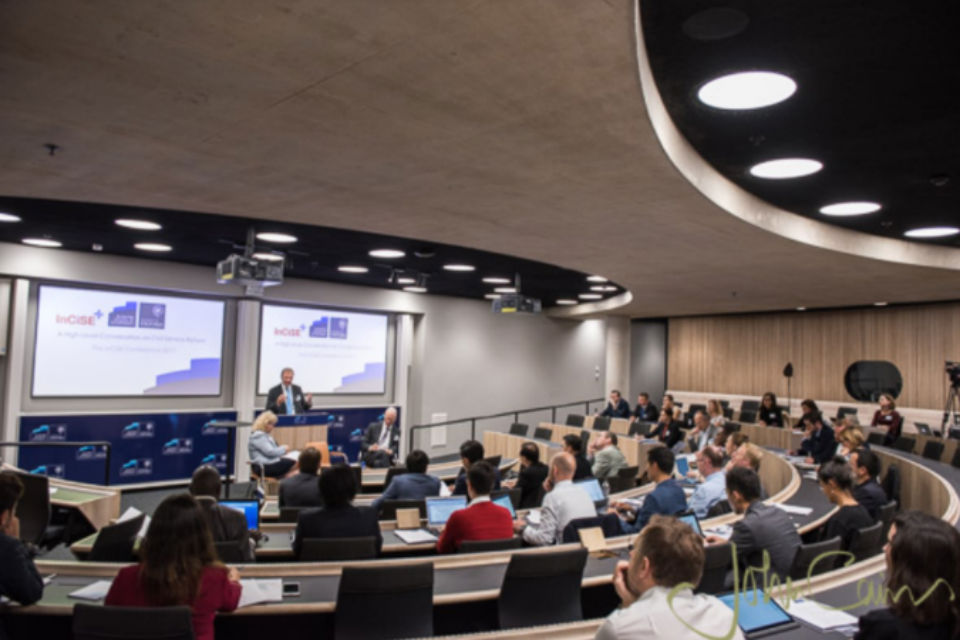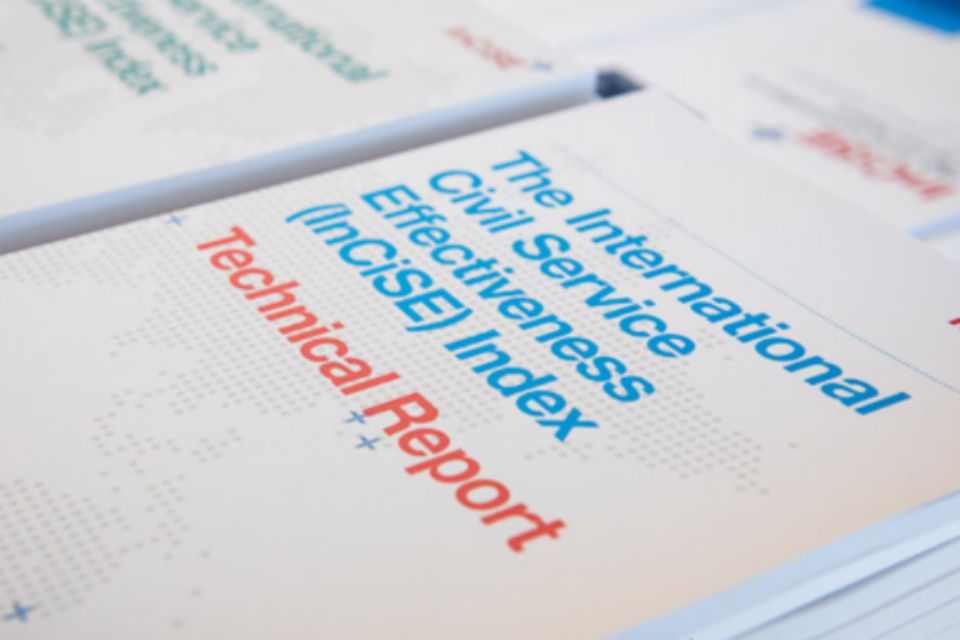
Back in July, I wrote about the UK’s strong performance in the pilot iteration of the International Civil Service Effectiveness (InCiSE) Index and my hope for future international engagement as a result. I am delighted that the project has reached its next stage, with a recent conference to discuss the InCiSE results and share learning between countries.
The conference, on 4 September at the Blavatnik School of Government in Oxford, was attended by senior officials, academics and civil society experts from around the world. The wide range of international representatives allowed for fascinating discussion and a variety of viewpoints, ranging across topics including, 'why measure civil service effectiveness?'; how to build a highly effective civil service and get the best out of our people; the challenges facing the civil service over the next few decades; and how best to use the InCiSE Index as a tool for change. The input of senior officials from a wide range of countries (including Canada, Estonia, Indonesia, Kenya, Myanmar, New Zealand, Nigeria, Singapore, Slovakia, and the UK) was particularly valuable to ensure these discussions reflected the issues currently faced in managing and leading our civil services.

There was general agreement about the usefulness of the InCiSE Index in forming a basis for future discussions over civil service performance by taking the first step in defining a framework for what an effective civil service might look like. It was also widely agreed that InCiSE provides a common language for knowledge-sharing around the world and for learning from each other. While the InCiSE Index ranks the civil services of different countries, discussions about its value focused more on learning than competition: How can civil servants use the index and rankings across domains (digital, crisis/risk management, openness, policy-making, tax administration, etc.) to identify which countries may be doing better and then finding out why?

I would like to thank the Blavatnik School of Government for hosting this event and all those who travelled from around the world to participate in the conference. I look forward to seeing both the progress the Index makes in the coming years and the improvements we can make as a result of this valuable tool to help us realise our vision of ‘A Brilliant Civil Service’.
Follow Sir Jeremy on Twitter: @HeadUKCivServ.

1 comment
Comment by Beatrix Aguer posted on
Great initiative, a common imdex to measure civil servants effectivemess